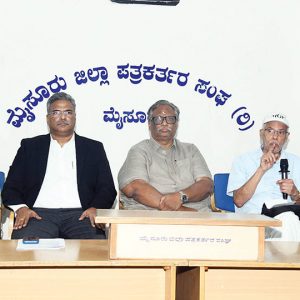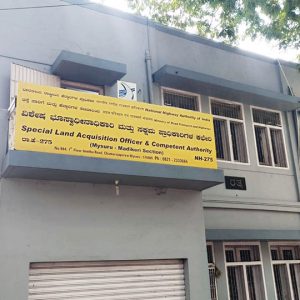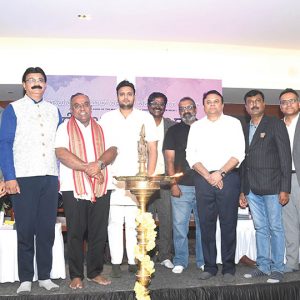Among the many adorable achievements that India witnessed during the second half of the last century, two stand out. One is the green revolution credited to Dr. M.S. Swaminathan, the most honoured scientist of the country. The other is the white revolution, credited to Dr. Verghese Kurien (1921-2012), the globally recognised technocrat, who pioneered the world’s largest dairy development through co-operative route across the country. The first achievement, with food grain production touching a record 285 million tonnes, even as it liberated the nation from dependence on import of food grains, left a considerable proportion of the land’s population without access to sufficient food due mainly to economic reason. Neglect of losing a good chunk of food crop raised by the farmer fraternity in the stages of storage, transportation and processing through the years doesn’t see the successive governments in good light. Thanks to organised management of the dairy sector, India has emerged as the world’s highest producer of milk at 176 million tonnes. However, two milk-related issues still bug the country’s populace, namely (a) Adulteration and (b) Inadequate consumption by school-bound children, denying nutrition to the nation’s most needy section.
India’s socio-economic diversity is marked by a yawning difference in their levels of awareness about the benefits of (a) Leading a life free from various vices and (b) Keeping cohesive relationships with unbounded vigil. The neglect of these two factors raises the issue of (i) Unethical conduct in all matters and (ii) Lure of money driving people to be perpetrators of evil acts such as adulteration.
One is obliged to first be aware of some disturbing realities against a plethora of seemingly pleasing facts portraying the country’s image often being published in the land’s dailies regularly. Firstly, India is touted as the world’s pharmacy, being the producer of virtually all vaccines used world over, while more than 35 percent of spurious drugs produced globally is sourced to India. Secondly, the nation is among the handful of countries hosting the highest number of graduates in science along with the highest headcount of Indians in the age group of 15 to 35 years, while the nation hosts the highest number of people bugged by life-threatening non-communicable diseases such as cancer, tuberculosis, malaria, cardiovascular diseases, blindness and others. Thirdly, despite a record production of milk, the fact is mocked by a recent advisory by World Health Organisation that if adulteration of milk and milk products is not checked, 87 percent of the country’s population would be vulnerable to serious diseases in foreseeable future.
Even as successive governments have framed laws against various anti-society acts of well-marked elements in the country, particularly faking consumer goods, counterfeiting currency, adulterating food products and so on, the perpetrators of such acts are having a field day. The Kannada idiom Bellagiruvudella haalalla (All that appears white is not milk) should alert the land’s gullible masses.








Recent Comments